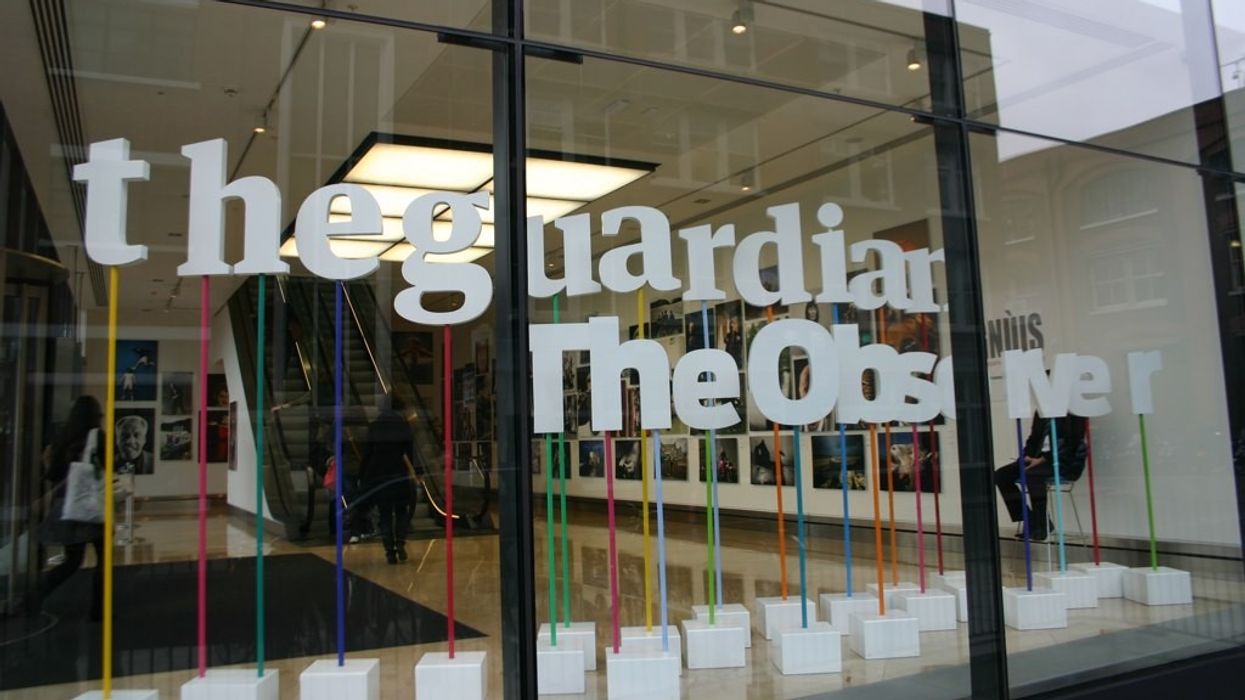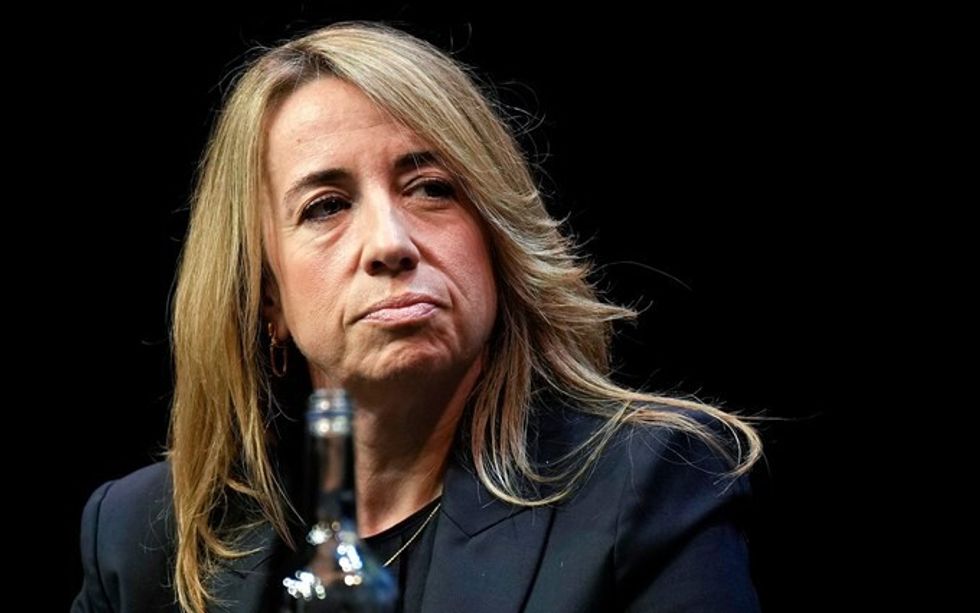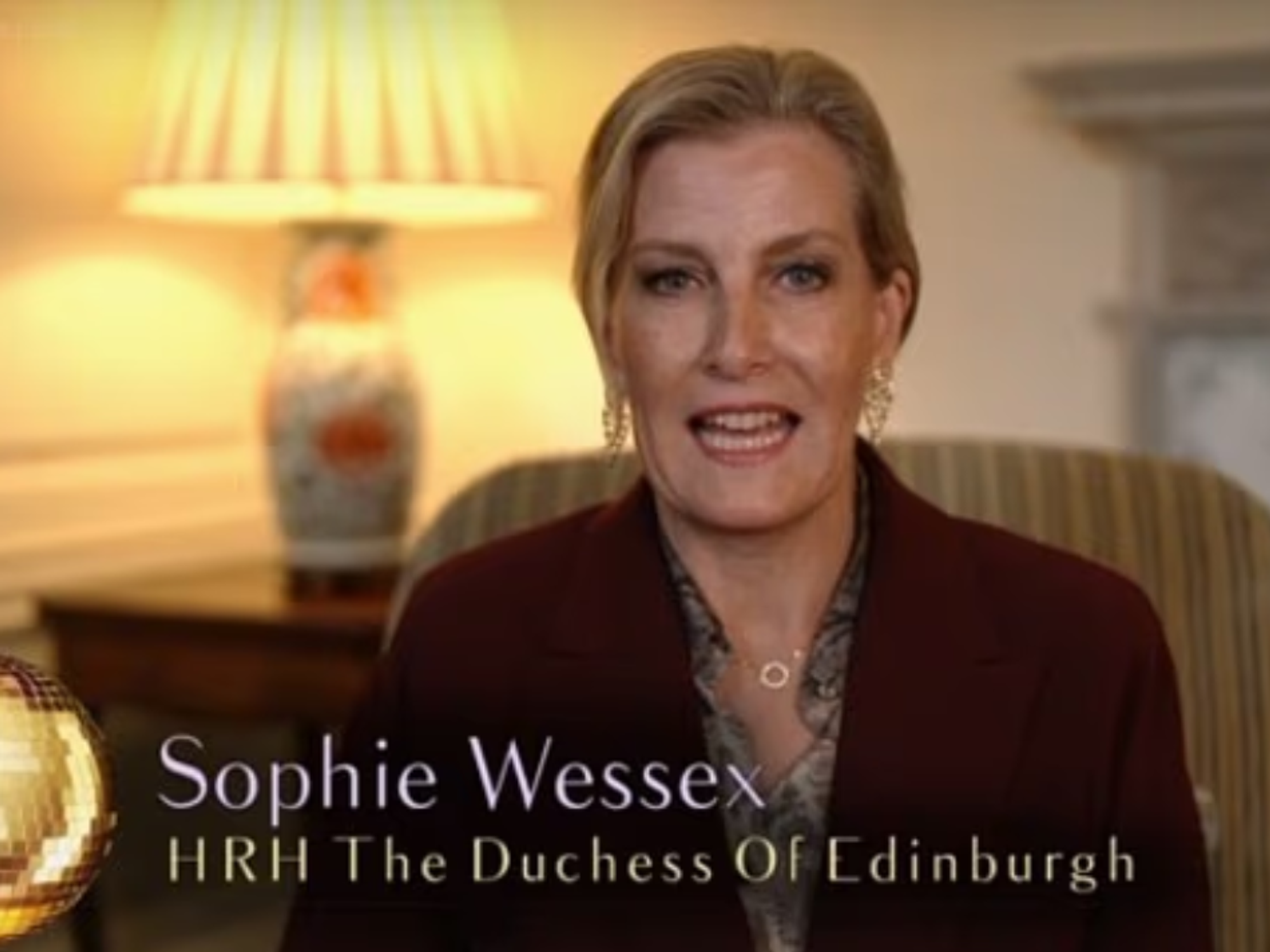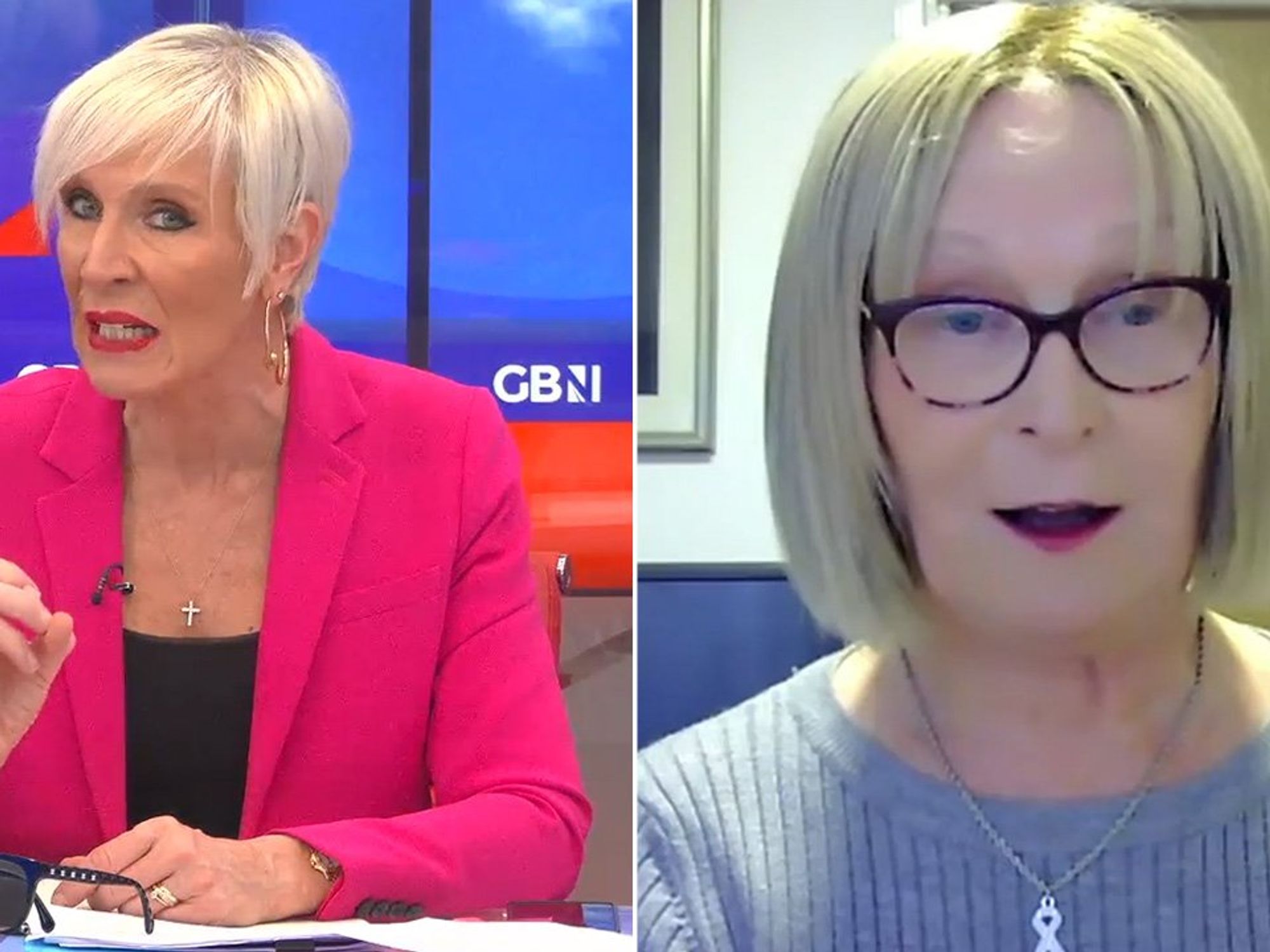The Guardian imposes new rules on staff after claims of bias in Israel-Hamas war

The Guardian has updated its guidelines to staff
|FLICKR

Editor Kath Viner has written out to all staff to explain changes in its guidelines
Don't Miss
Most Read
The Guardian has imposed new rules to ban staff from signing open letters or petitions amid allegations of bias and anti-semitism over its coverage of the Israel-Hamas war.
Guidelines for employees have been updated in order to ensure that journalists do not take any actions which could impact the publication's ability to report the news in a "fair and fact-based way".
Editor Kath Viner wrote in an email to staff: "We know that a number of staff globally have signed open letters and petitions relating to the conflict.
"Although this may be well-intentioned, unfortunately it can be perceived as a potential conflict of interest that could hamper our ability to report the news in a fair and fact-based way.
WATCH: Boris Johnson on tackling antisemitism
"It has resulted in unwarranted scrutiny of Guardian journalism and accusations that our journalists and our journalism may be biased."
The newspaper has faced criticism for its coverage of the Israel-Hamas war from the Board of Deputies of British Jews.
In October board accused the newspaper of publishing an "unbelievably crass" opinion piece about Israel and the Holocaust.
The article caused fury after it warned against the "dangerous use of the Holocaust to justify Israeli mass violence against Palestinians".

Kath Viner set out the new rules in an email to staff
|GETTY
The Board of Deputies described the article as a "new low for the paper".
It added: "The article’s failure, for example, to acknowledge the decades-long comparison of Israel to the Nazis – including in Hamas’s genocidal founding charter – sums up the astonishing lack of judgement exhibited."
In the same month, The Guardian sacked its longer-serving cartoonist Steve Bell over claims of antisemitism.
The letter also comes after many of the Guardian's journalists in Australia signed an open letter calling on media organisations to treat Israeli government with as much scepticism as information from Hamas.
One of his cartoons was "spiked" due to concerns over his work.
Viner added: “We recognise that our journalists have lives outside work and the right to take part in civic society.
“We give our staff a greater degree of freedom than many media organisations, but it is important that outside interests do not come into conflict with your role at the company.”
Any staff found to breach the new guidelines will be dealt with on a case by case basis, the editor added.










